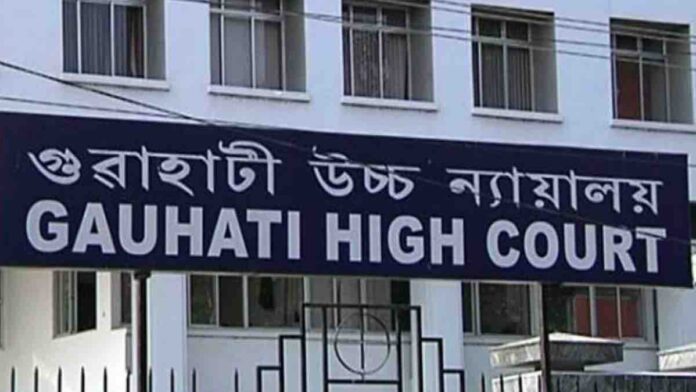In a significant ruling, the Gauhati High Court has directed the Assam Government to appoint six candidates under the Economically Weaker Section (EWS) quota for the post of Junior Engineer (Civil) in the Panchayat and Rural Development Department. The court deemed the rejection of the EWS certificates submitted by the petitioners as unreasonable given the
To Read More Please Subscribe to VIP Membership for Unlimited Access to All the Articles, Download Available Copies of Judgments/Order, Acess to Central/State Bare Acts, Advertisement Free Content, Access to More than 4000 Legal Drafts( Readymade Editable Formats of Suits, Petitions, Writs, Legal Notices, Divorce Petitions, 138 Notices, Bail Applications etc.) in Hindi and English.




